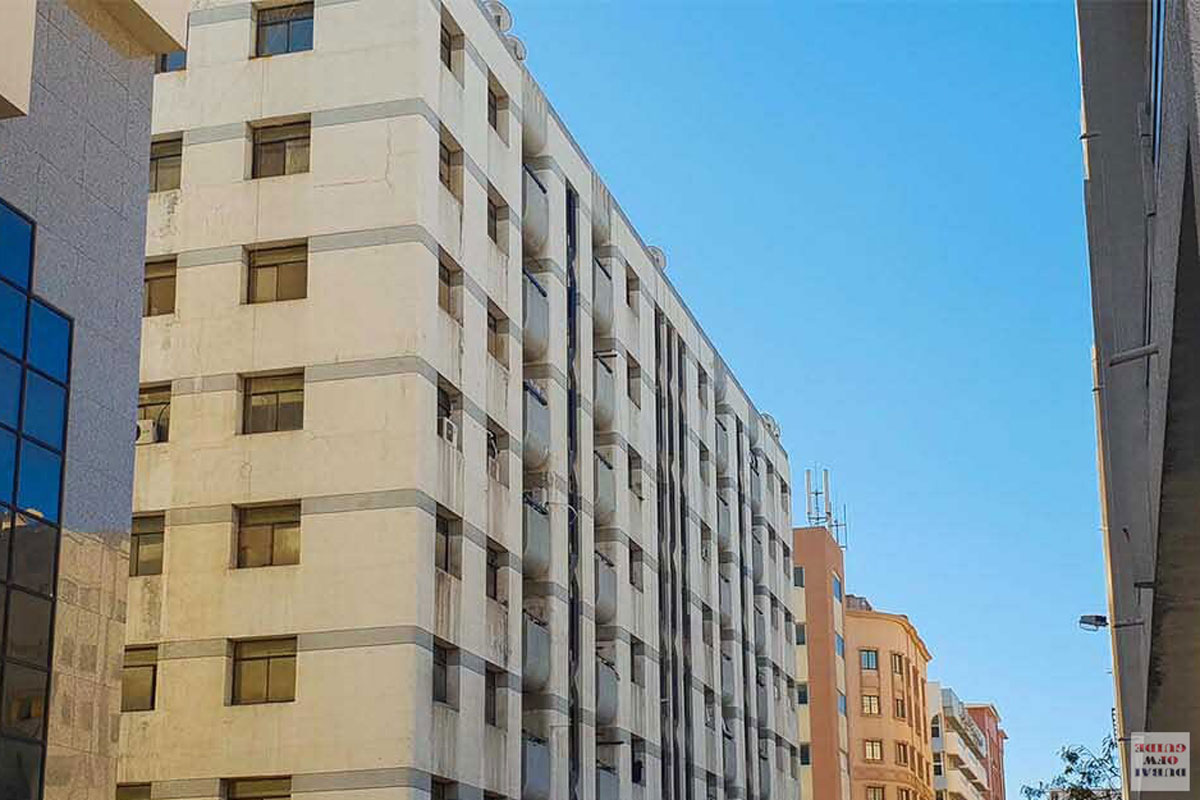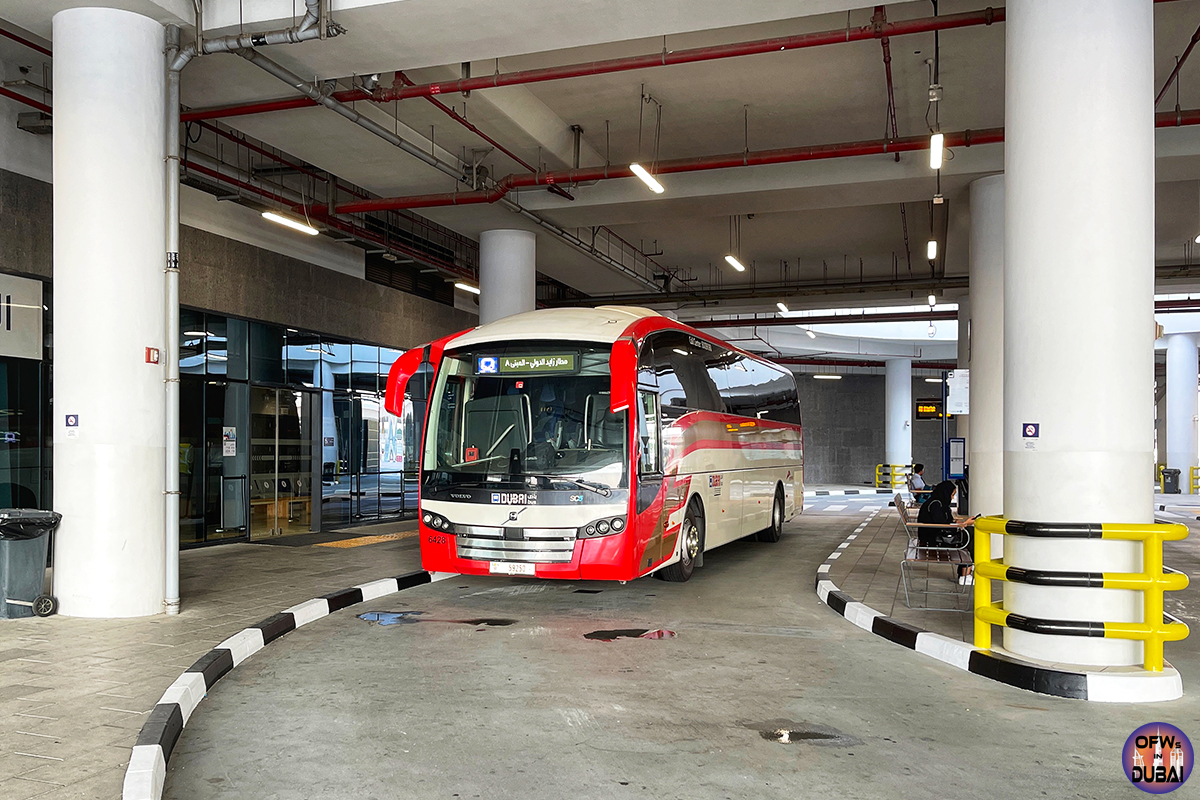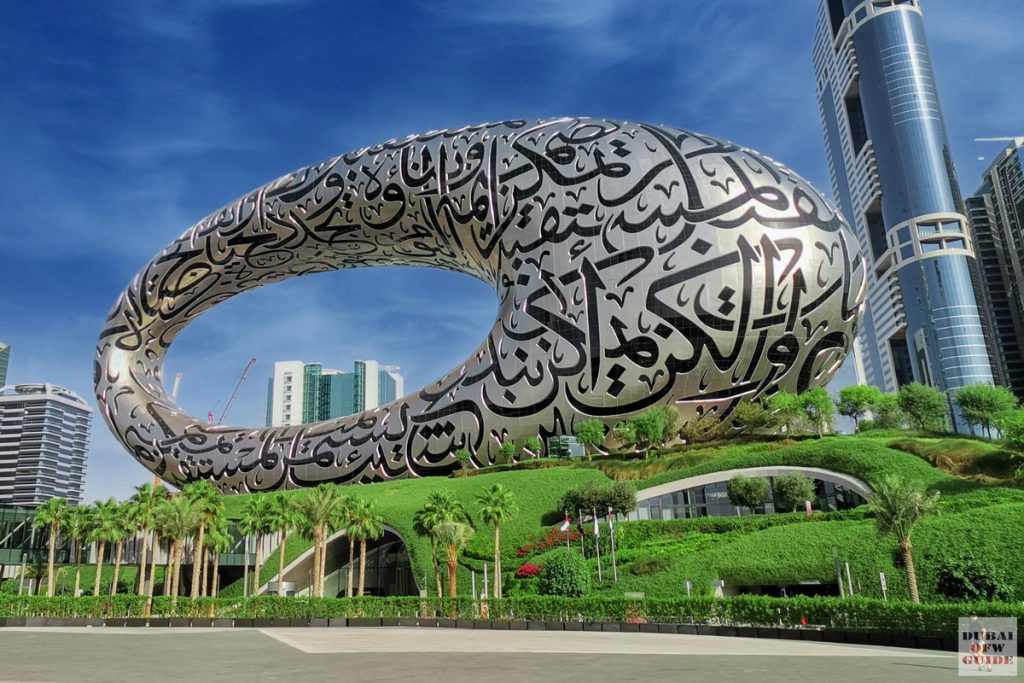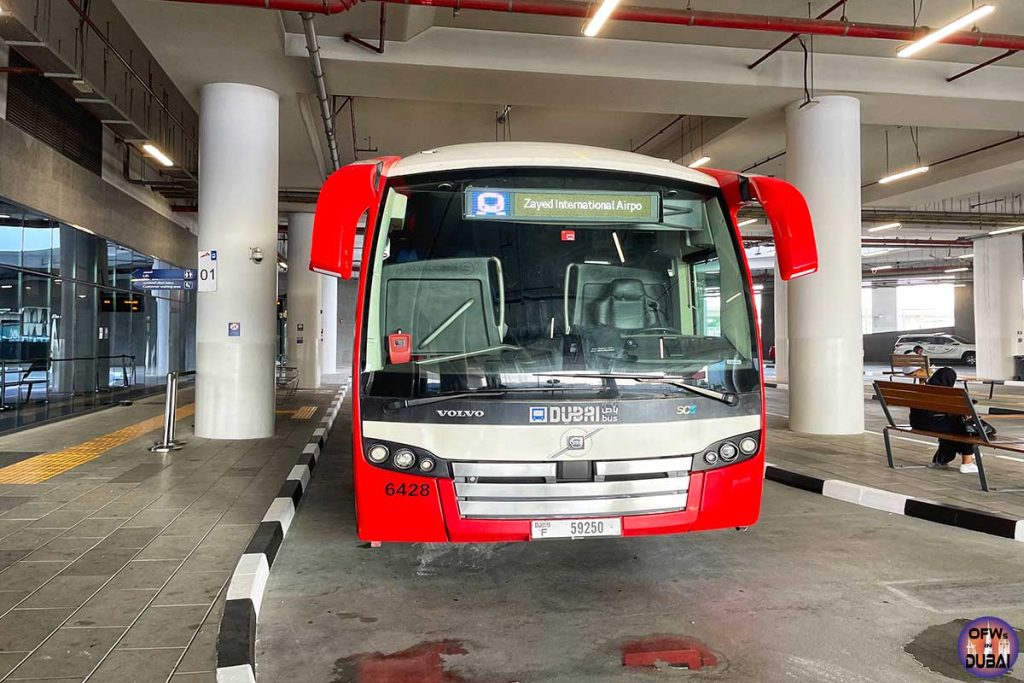A lot of people always wonder about the cost of living in Dubai. For Overseas Filipino Workers (OFWs), understanding this is key to managing finances and making the most out of opportunities in this bustling metropolis. Known for its luxury and modern lifestyle, Dubai offers plenty of perks, but it’s important to know what to expect when it comes to daily expenses. This guide provides a detailed breakdown of the typical costs OFWs face while living in the city.

Breaking Down the Monthly Expenses for OFWs in Dubai
1. Accommodation
Accommodation is likely the most significant expense for OFWs in Dubai. The cost varies significantly depending on the location and type of housing:
- Shared Accommodation: Many OFWs opt for shared apartments or rooms to save money.
- Bedspace: Ranges from AED 600- 800 depending on the location. Rent is more if you will occupy the lower and will be cheaper if you will occupy the upper bunk bed.
- Partition Rooms: Range AED 1000- 2500 depending on the location and the size of the partition
- Rooms: Range AED 3000- 4000 depending on location size, and how many are occupying the room.
- Studio Apartments: Renting a studio apartment in a Deira, Satwa or Karama can range from AED 3,000 to AED 4,000 per month.
- One-Bedroom Apartments: These typically cost between AED 4,000 to AED 6,000 per month, depending on the location and building amenities.

Related: Guide to the Best Areas to Live in Dubai for OFWs
2. Utilities
Utilities include electricity, water, cooling, and internet. On average, monthly utility bills can range from AED 500 to AED 1,500, depending on the size of the apartment and personal consumption:
- Electricity and Water: Expect to pay around AED 200 to AED 800 per month.
- Cooling (Air Conditioning): This can add an additional AED 300 to AED 500 per month, especially during the hot summer months.
- Internet and TV: A basic internet package costs around AED 300 to AED 500 per month.
Related: Is Dubai Really Expensive for Filipinos?
3. Transportation
Dubai offers a well-developed public transportation system, including the Dubai Metro, buses, and taxis. Here’s a breakdown of transportation costs:
- Public Transportation: A monthly Nol card for unlimited metro and bus travel costs around AED 300.
- Taxis: The starting fare is AED 12, with an average trip within the city costing around AED 30 to AED 50.
- Car Ownership: If you decide to own a car, consider expenses like fuel (AED 2.5 per liter), insurance (AED 1,500 to AED 3,000 annually), and maintenance.

Related: How to Travel from Dubai to Abu Dhabi by Public Transportation
4. Food and Groceries
Food expenses can vary widely depending on lifestyle choices. Eating out frequently will increase your costs significantly:
- Groceries: Monthly grocery bills for a single person range from AED 800 to AED 1,500.
- Dining Out: A meal at an inexpensive restaurant costs around AED 40 to AED 70, while a three-course meal for two at a mid-range restaurant can cost AED 200 to AED 400.

Also Read: How to Apply for an OEC Exemption: A Guide for OFWs
5. Healthcare
While many employers provide health insurance, out-of-pocket medical expenses can still arise:
- Doctor’s Visit: A consultation with a general practitioner can cost between AED 200 to AED 400.
- Medication: Costs vary, but basic prescription drugs can cost around AED 50 to AED 200.
Also Read: How to Verify Employment Contracts for Overseas Filipinos in Dubai
6. Education
For OFWs with families, education is a significant consideration. Dubai has a range of schools, including public, private, and international institutions:
- School Fees: Annual tuition fees for private schools range from AED 20,000 to AED 100,000, depending on the school and curriculum.
- Additional Costs: Books, uniforms, and extracurricular activities can add an extra AED 5,000 to AED 10,000 per year.
7. Miscellaneous Expenses
Other expenses to consider include entertainment, clothing, and personal care:
- Entertainment: Movie tickets cost around AED 45, and a fitness club membership can range from AED 200 to AED 500 per month.
- Clothing and Personal Care: Budget around AED 300 to AED 1,000 per month, depending on personal preferences.
Related: How to Apply for an Overseas Employment Certificate (OEC) for Filipinos in Dubai, UAE
Conclusion
Living in Dubai as an OFW can be a rewarding experience, offering a high standard of living and numerous opportunities. However, it’s essential to budget wisely and be aware of the various expenses involved. By understanding the cost of living, OFWs can make informed financial decisions and enjoy a comfortable life in this vibrant city.
For more detailed and personalized advice, feel free to reach out or explore other articles on OFWs in Dubai. Happy living in Dubai!











